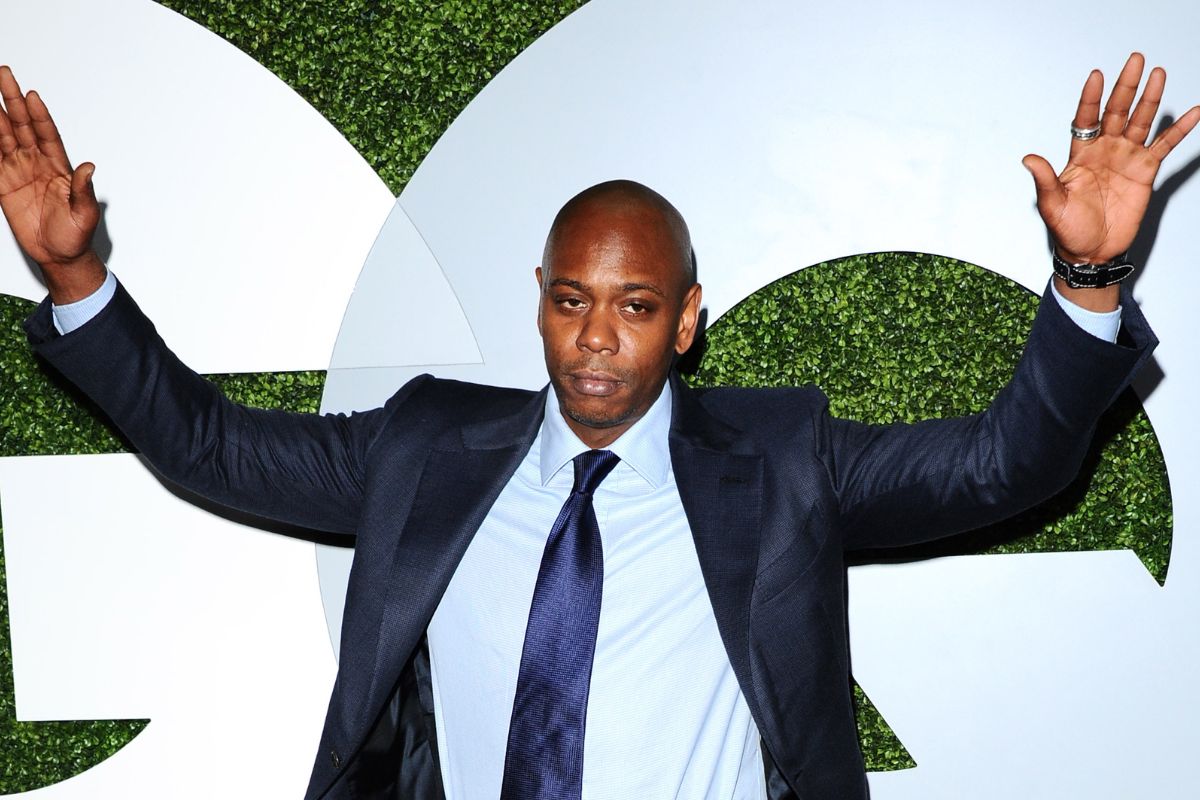Chappelle Says It’s Easier to Speak in Saudi Arabia Than the U.S.
Dave Chappelle didn’t hold back during his set at the Riyadh Comedy Festival in Saudi Arabia, using the stage to compare speech rights in the Middle East to those in the United States. The comedian told the crowd, “It’s easier to talk here than it is in America.”
His comments, delivered in a country widely criticized for its crackdown on dissent and press freedoms, immediately drew attention for both their substance and their setting.
“Right now in America, they say that if you talk about Charlie Kirk, that you’ll get cancelled,” Chappelle said, according to The New York Times. “I don’t know if that’s true, but I’m gonna find out.”
Other Comics Weigh In on the Controversial Venue
Chappelle wasn’t the only high-profile name at the event. The festival lineup also featured Bill Burr, Pete Davidson, Jack Whitehall and Jimeoin. But not everyone in the comedy world was on board with the venue choice.
Marc Maron took a jab at the festival during a recent performance, questioning how it could even be marketed. “I mean, how do you even promote that? ‘From the folks that brought you 9/11. Two weeks of laughter in the desert, don’t miss it!’” he said. “But don’t let that stop the yucks, it’s gonna be a good time!”
Comedian Declined Offer Over Censorship Rules
Atsuko Okatsuka turned down an invitation to perform, citing strict content restrictions in her contract. She revealed that she would have had to “adhere to censorship rules” regarding what topics she could joke about.
Her decision highlighted the tension between performing in a country with known speech limitations and maintaining creative autonomy.
Festival Continues Despite Scrutiny
Despite the criticism, the Riyadh Comedy Festival remains on the calendar and is expected to run through early October 2025. The event continues to draw international acts, even as debate grows over the implications of performing in a country with a restrictive record on civil liberties.
